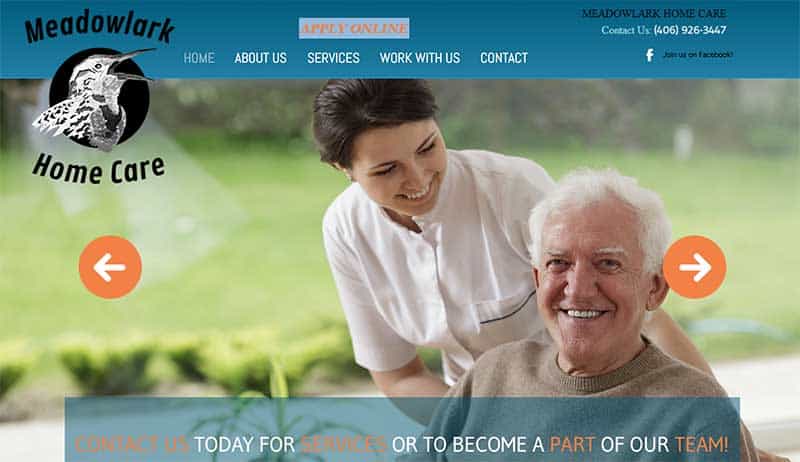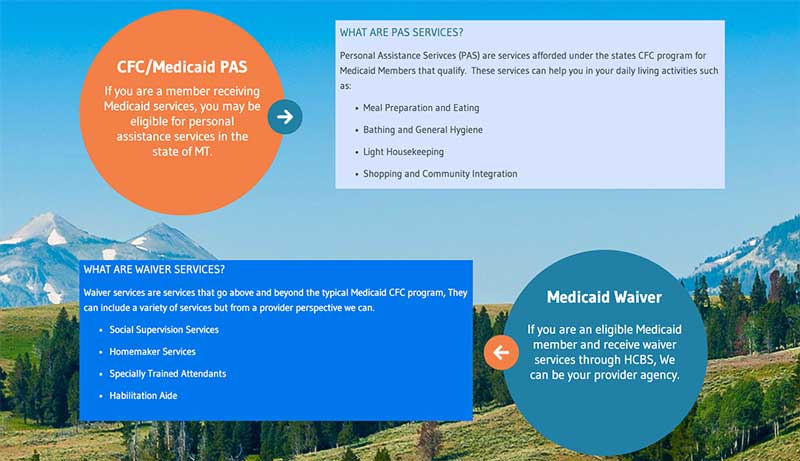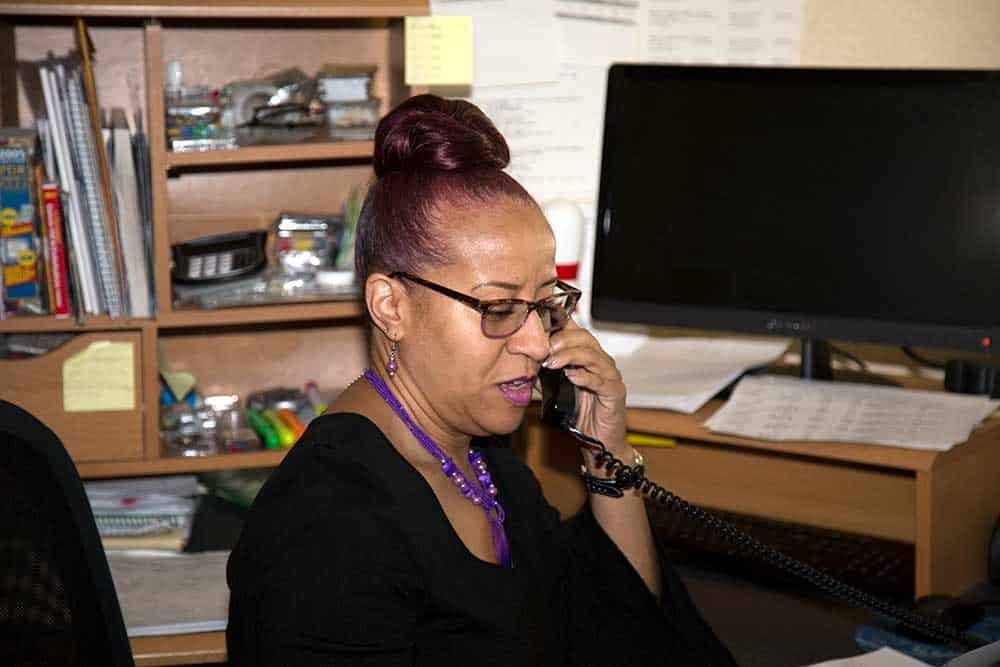From Journalist to Nurse: Meadowlark Home Care
When Devoughn Owens founded Meadowlark Home Care in 1997, it was her instincts that told her people would always need nurses, not statistics. Home care services is one of the fastest growing industries in the country. According the US Bureau of Labor Statistics, it’s projected to grow 41% from 2016-2026.
Devoughn started out in undergrad at Louisiana State and majored in journalism, she had no intention of becoming anything besides a journalist. However, when she graduated, there were no jobs in her area of study. She worked a few jobs here and there, but that was it. It was then she decided it wasn’t working out and she needed to do something productive. She made the tough decision and went back to school. She told herself “no matter what is going on in the world, I’m going to graduate with a degree that will serve me for many years to come.” Wayne State University had an accelerated nursing program, so pursued that because there is always need for nurses.
After she graduated she worked in the Intensive Care Unit at Detroit Receiving Hospital and then at Western Wayne Correctional Facility. At that time, she and her brother wanted to set up a group home together. We looked at group homes in Detroit, but most weren’t set up for them to be grandfathered in, which would’ve been more cost effective. She already had a house in Oak Park, and that wound up working out. “I made the decision in May 1997 to use my home for the group home, and in October 1997, I was licensed and up and running.”
1. What services does your business provide?
We specialize in home care services for patients with mental illness, dementia, and developmental disabilities. I have two homes that are at capacity: one in Oak Park and Southfield. Our goal is to meet their mental, physical, and spiritual needs in order for them to be as complete and whole as possible.
2. Did you learn how to run your business on the fly, or did you have any help from friends or peers?
I came into contact with a lot of individuals who had a wealth of knowledge about the Adult Foster Care business and they were not afraid to share their information. With my Journalism and Nursing degrees, it made it easy to set the foundation for the business to develop policies and procedures, employee and client files, and to meet off of the state and local agency requirements.
My advice to other business owners would be to collect as much knowledge as possible and be a sponge when people are willing to share their stories. Don’t be afraid to pursue your dreams and your vision. God gave them to you don’t let them go to waste. Walk in your talents and take hold of any and all counsel that you receive along the way.

3. How do you market your services to potential clients?
For me, it’s less about putting ads on social media or in the newspaper. In my business, it starts by developing those face-to-face relationships with agencies such as Macomb Oakland Regional Center (MORC) and Easter Seals, and the families of the individuals that we provide services for. Once we got to know each other and they were able to see how the clients were progressing and how comfortable they were with our services, a level of trust was established. When you build and maintain a level of trust this enables contracts to continue to be renewed.
4. What types of challenges do you and your employees encounter on a daily basis, and how do you handle them?
I have 14 employees and I think that I’ve been fortunate that my staff has been around for a little while. Like in many businesses, employees who don’t have the same intent as you, or lack compassion toward their clients or peers eventually weed themselves out. As the business owner, the hardest thing is to get everyone to buy into your vision, and in my case, my vision is to treat people like their family. In the end, whether they do or don’t is a direct reflection on me.
5. It must be rewarding, to provide care to people who otherwise cannot care for themselves. Do you see your business as a business, or something else?
I can be a nurse doing other things or working in other facilities making more money than I am now. But that’s not what I want to do. I feel I was put on this earth for this purpose. Servicing individuals is my passion and calling.
6. What metrics do you look at to assess your business growth? How often do you look at these numbers?
I am always looking at ways to expand and grow my business on a daily basis. I try to find out what the need is with the local agencies that we provide services for and expand on that. I pray that God will continue to put me in a position to meet individuals that can help me with this.

7. What was it like looking for financing as a small business owner?
I’ve been in business for over 20 years. So, when I initially started, I did a line of credit off the home to do renovations and get things up and running. Things were a lot different back then. But all things change over time, from the agencies I worked with to how I financed my business.
I had tried to get money from my bank, but they said my debt ratio was too high. I banked with them for so long, and they knew how much money I had! It was very frustrating. But then I found OnDeck and they took me on.
8. How are you using your OnDeck funds?
I have both a term loan and a line of credit from OnDeck, and I’m using both to sustain the business when I have vacancies in my homes. Any business owner knows that your revenues can change over a period of time, but expenses do not. So how do you meet the expenses when the revenue goes down? You need to borrow a little until you fill that vacancy so you can keep paying your bills, make payroll, etc. It’s smart business. I thank God for OnDeck because they were willing to give me a chance when no other lending agency would. I will always be grateful and thankful for OnDeck.
9. What are you most excited about when thinking about the future of your business?
I have to say I’m blessed because a lot of group homes have closed, but we’re still here. But I admit, I’m still trying to figure out what I want to do when I grow up! I want to grow the business responsibly and not get too big, because you run the risk of losing touch and not provide the personal service your patients are used to. I might look at expanding our services to do something else, like workshops teaching people basic life skills. Some programs out there now do more for certain individuals and others there not. I’d like to bridge that gap.
This content is for educational and informational purposes only, and is not intended as financial, investment or legal advice.



